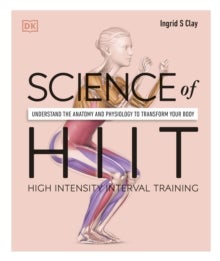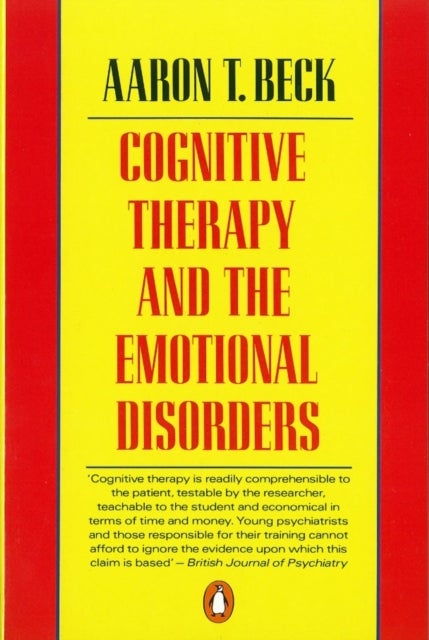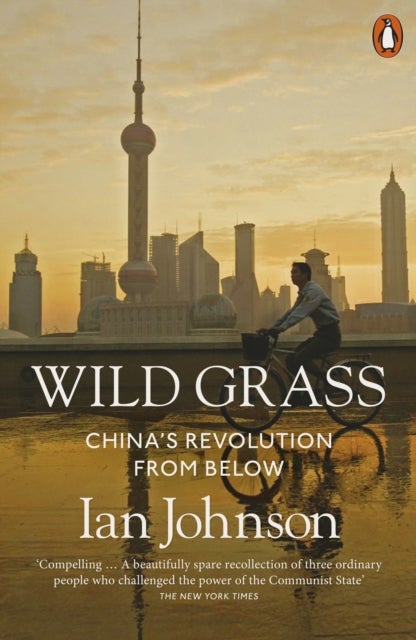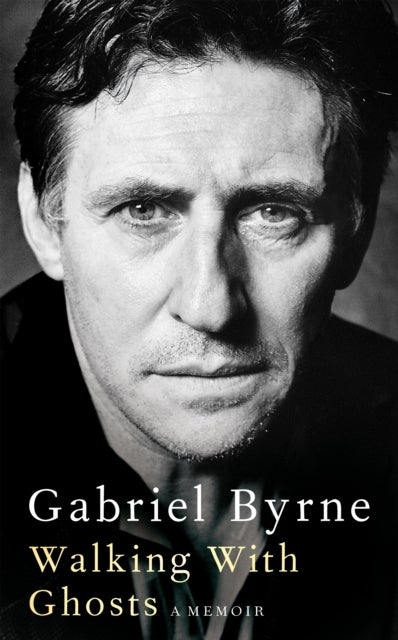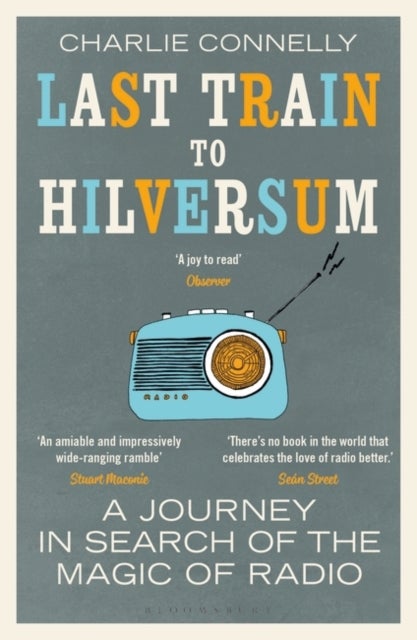
Last Train to Hilversum av Charlie Connelly
179,-
Despite the all-pervading influence of television ninety per cent of people in Britain still listen to the radio, clocking up over a billion hours of listening between us every week. It¿s a background to all our lives: we wake up to our clock radios, we have the radio on in the kitchen as we make the tea, it¿s on at our workplaces and in our cars. From <i>Listen With Mother</i> to the illicit thrill of tuning into pirate stations like Radio Caroline; from receiving a musical education from John Peel or having our imagination unlocked by Douglas Adams¿ <i>The Hitchhiker¿s Guide to the Galaxy</i>; from school-free summers played out against a soundtrack of Radio One and <i>Test Match Special</i> to more grown-up soundtracks of the <i>Today </i>programme on Radio 4 and the solemn, rhythmic intonation of the shipping forecast ¿ in many ways, our lives can be measured in kilohertz.Yet radio is changing because the way we listen to the radio is changing. Last year the number of digital liste

